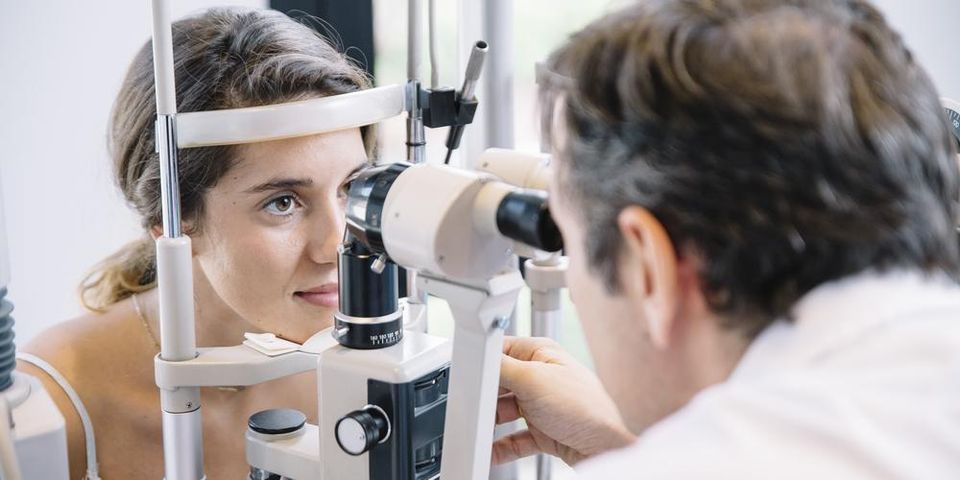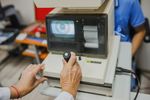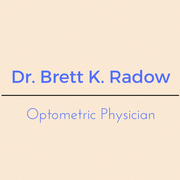What Your Optometrist Wants You to Know About Diabetic Eye Disease

Eye exams often lead to a prescription for glasses or contact lenses, but in some cases, your optometrist is the first to diagnose a more serious condition like diabetic eye disease. Dr. Brett K. Radow is committed to educating his patients in Spencer, WV, about conditions that can affect their eyes. To help you maintain your vision for years to come, he answers a few questions about diseases caused by diabetes — which can include retinopathy, glaucoma, and cataracts.
3 Common Questions About Diabetic Eye Disease
1. What Causes Diabetic Eye Disease?
People with diabetes have high blood sugar levels, which can cause severe damage to the blood vessels inside the body. As a result, diabetics have poor blood circulation that affects all their bodily tissues. The decreased blood flow and reduced oxygen can cause diabetic eye disease and lead to vision loss if left untreated.
2. What Are the Signs of Diabetic Eye Disease?
 Unfortunately, the signs of this eye disease aren’t always clear-cut. In fact, many people don’t notice any symptoms at all. However, if you’re experiencing large shifts in blood sugar levels, it’s possible that your vision will become blurry. Some people also notice hazy vision at night, but often the damage to the eye has to be severe to notice the symptoms.
Unfortunately, the signs of this eye disease aren’t always clear-cut. In fact, many people don’t notice any symptoms at all. However, if you’re experiencing large shifts in blood sugar levels, it’s possible that your vision will become blurry. Some people also notice hazy vision at night, but often the damage to the eye has to be severe to notice the symptoms.
3. How Is Diabetic Eye Disease Diagnosed?
You should have an annual eye exam even if you don’t experience any symptoms of the condition. Your optometrist will check your visual acuity, perform visual field testing to rule out glaucoma, and examine your retina for other signs of problems. Your optometrist will also use a special microscope to examine the front of your eye. They may also dilate your pupils with eye drops to rule out diabetic retinopathy, a common complication of diabetes that can lead to vision loss if not treated.
Whether you’ve noticed changes in your vision or not, make regular appointments at the office of Dr. Brett K. Radow if you have diabetes. He will carefully examine your eyes and provide any necessary treatment to ensure you continue to see clearly. Call (304) 927-5112 to schedule your next visit, and check out his website for more information about his services.
About the Business
(24 reviews)
Have a question? Ask the experts!
Send your question

